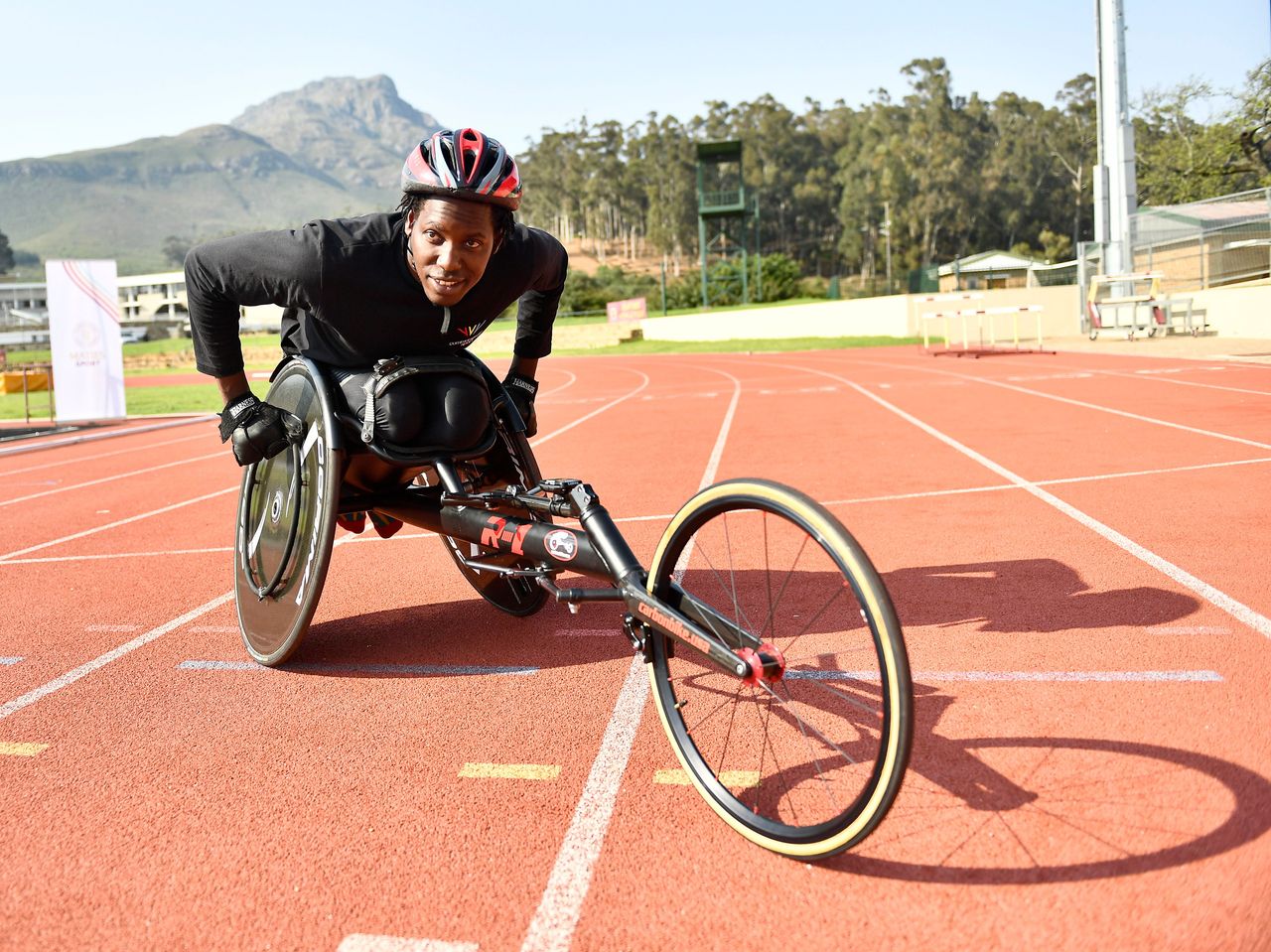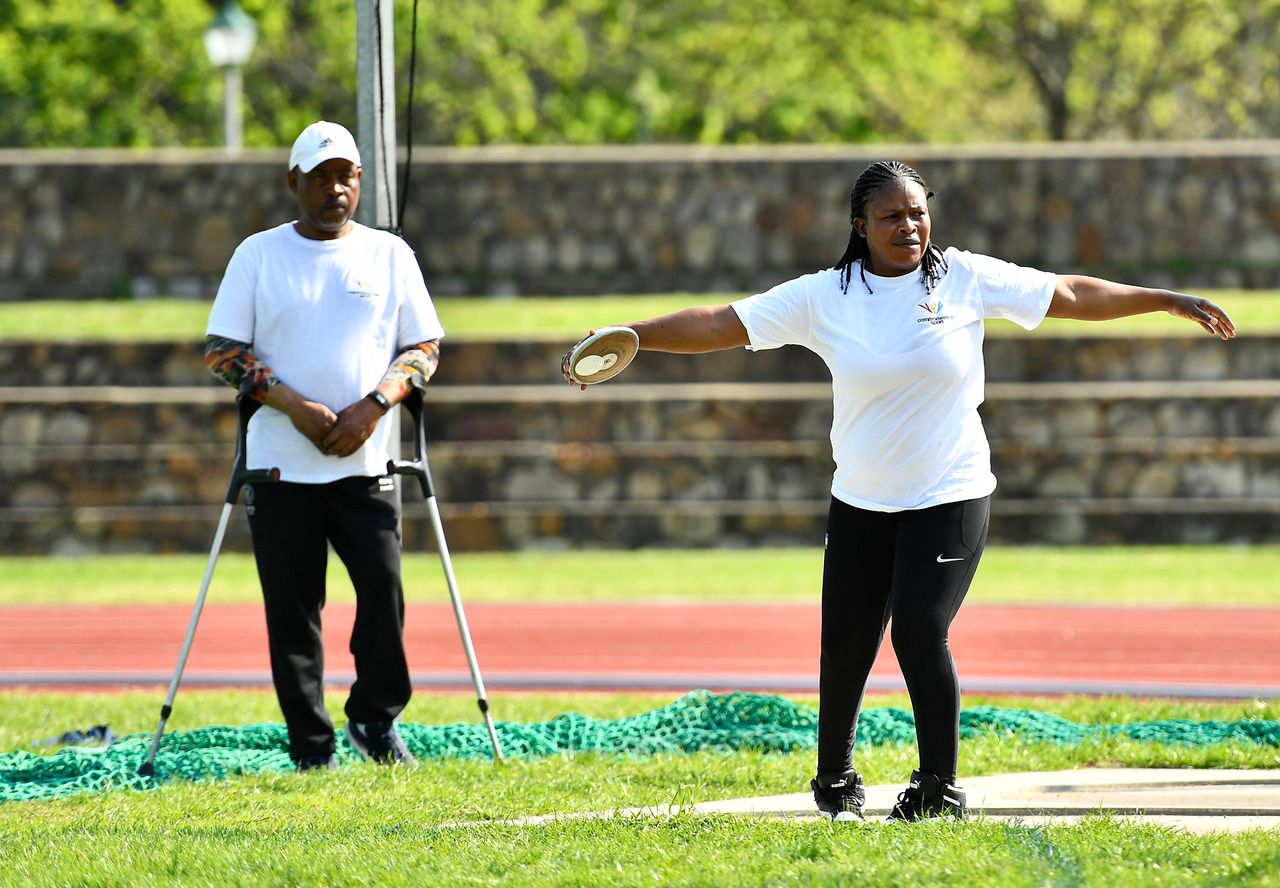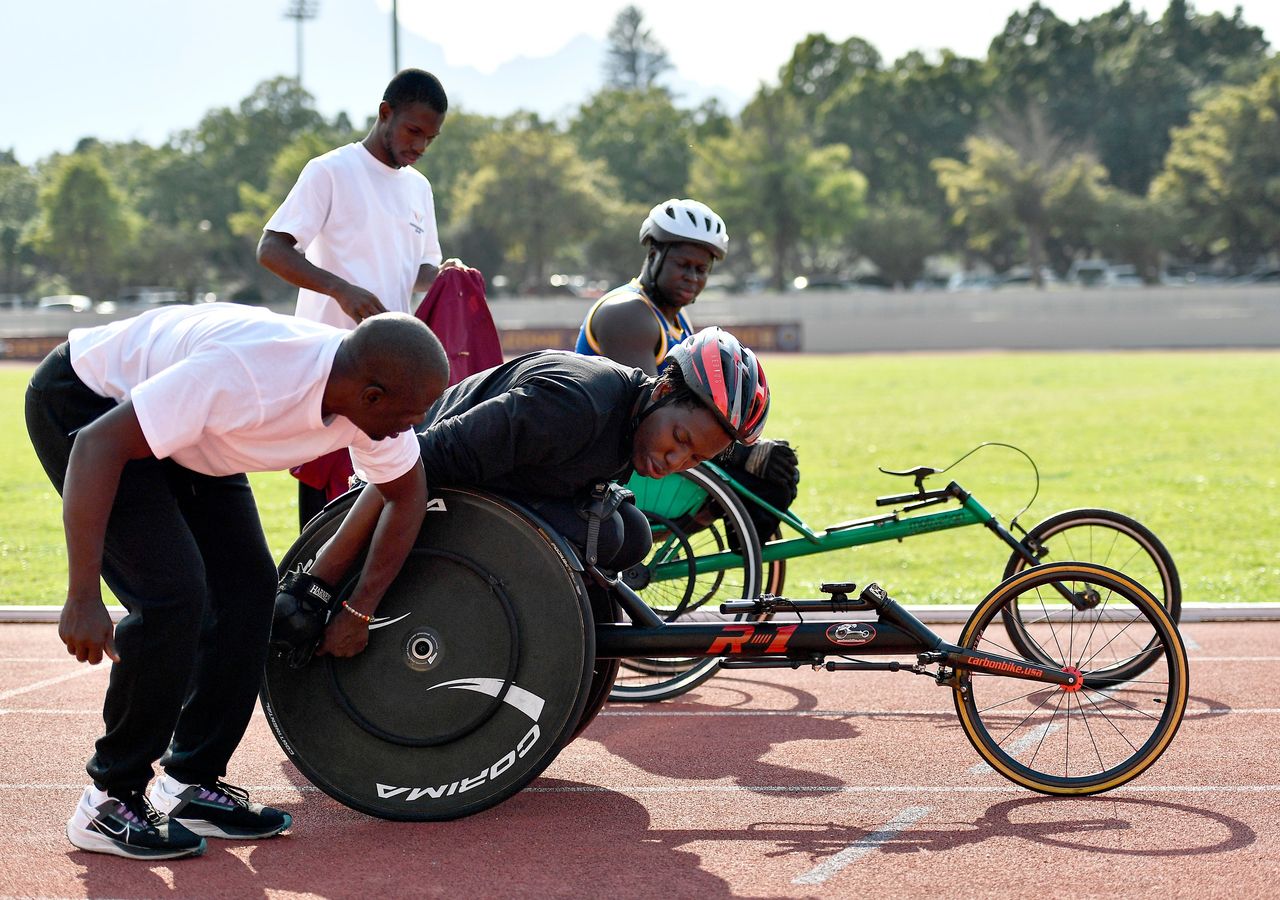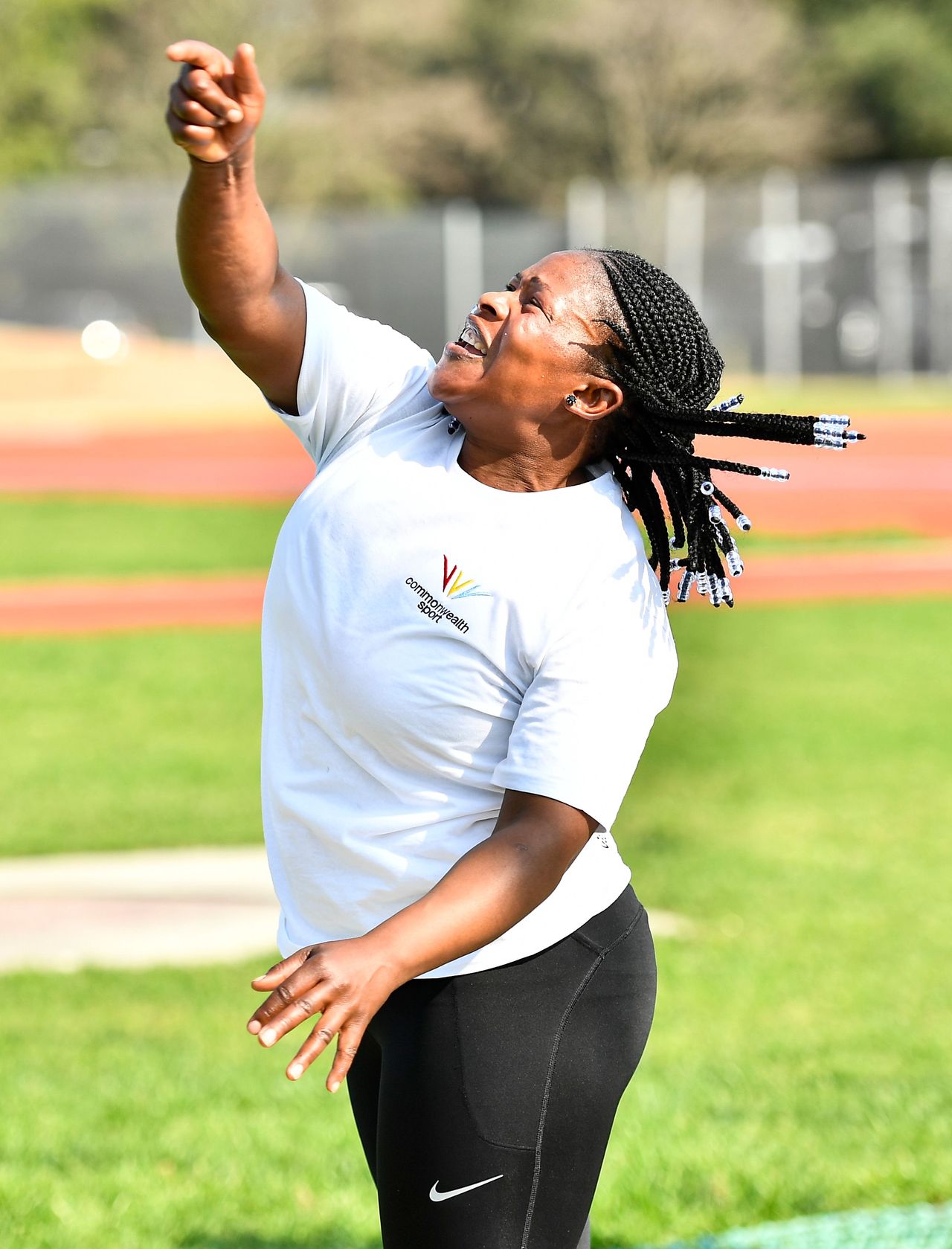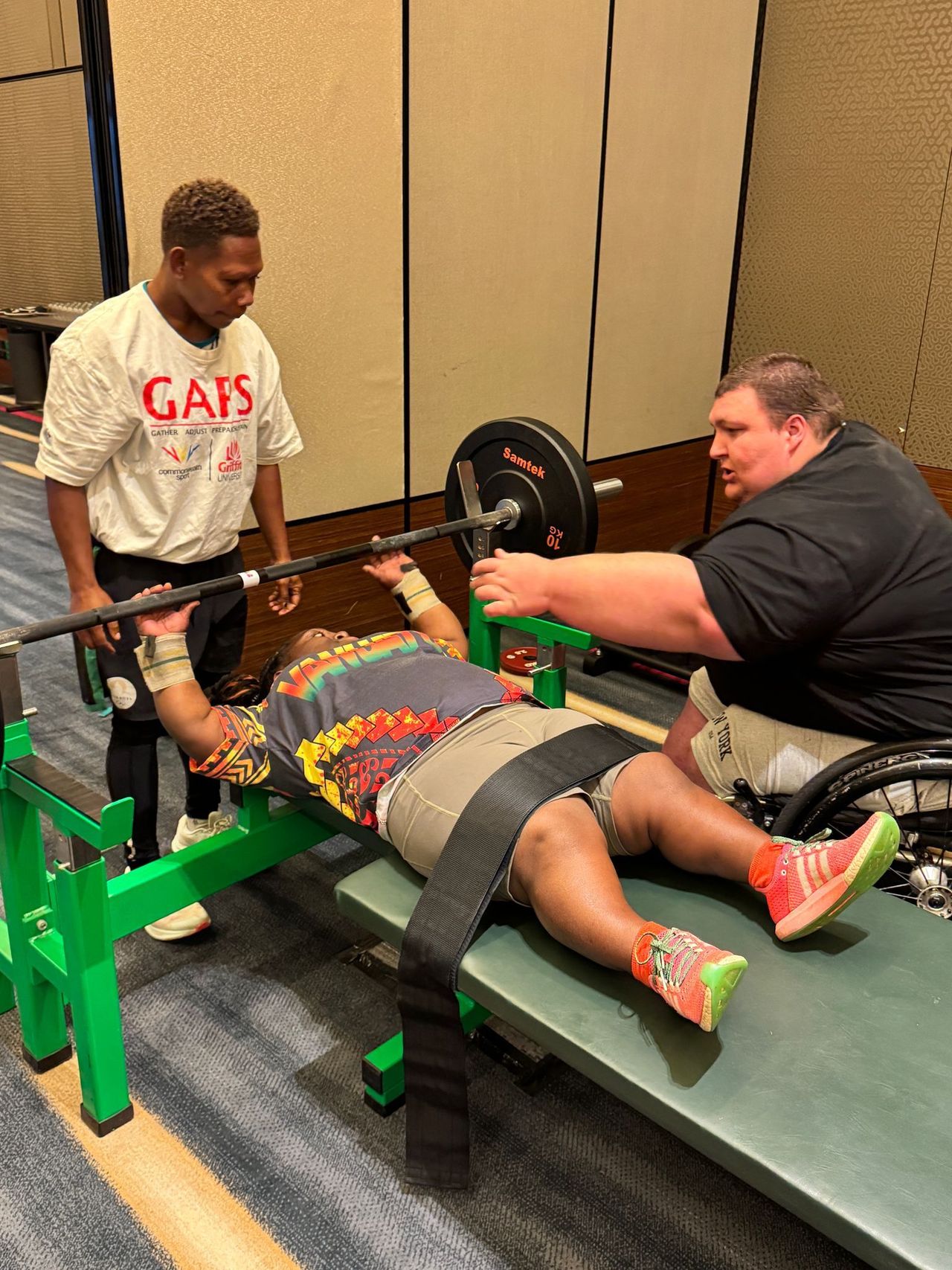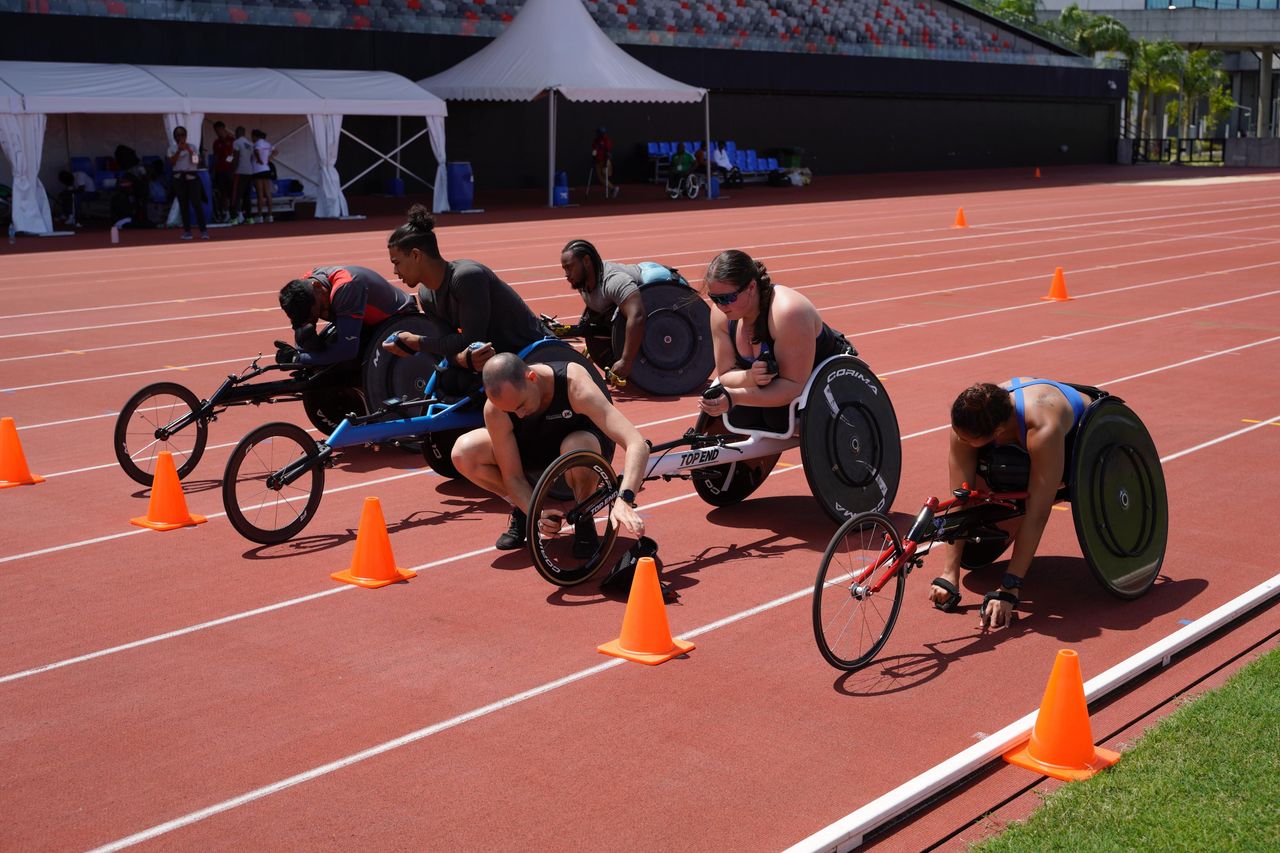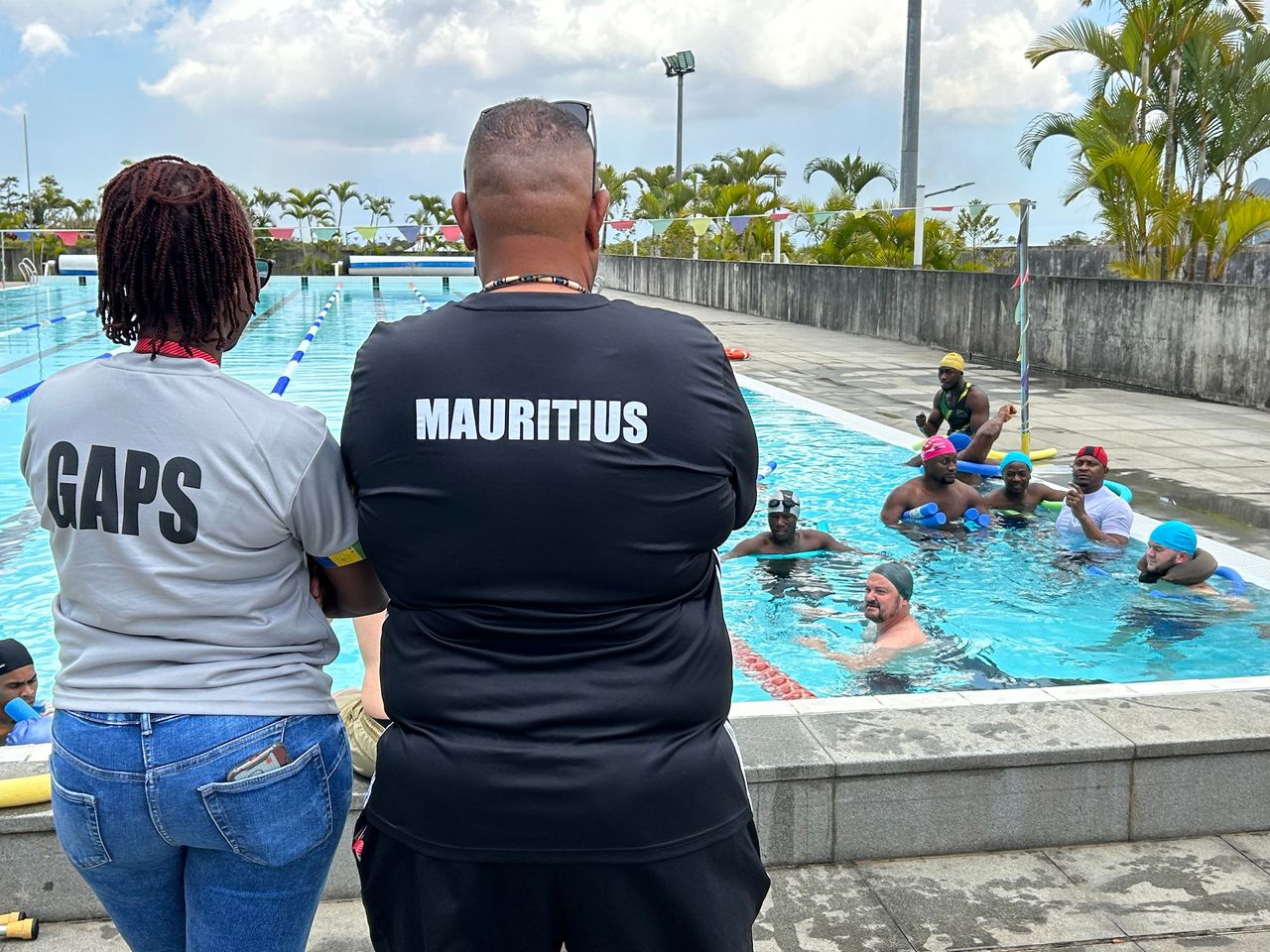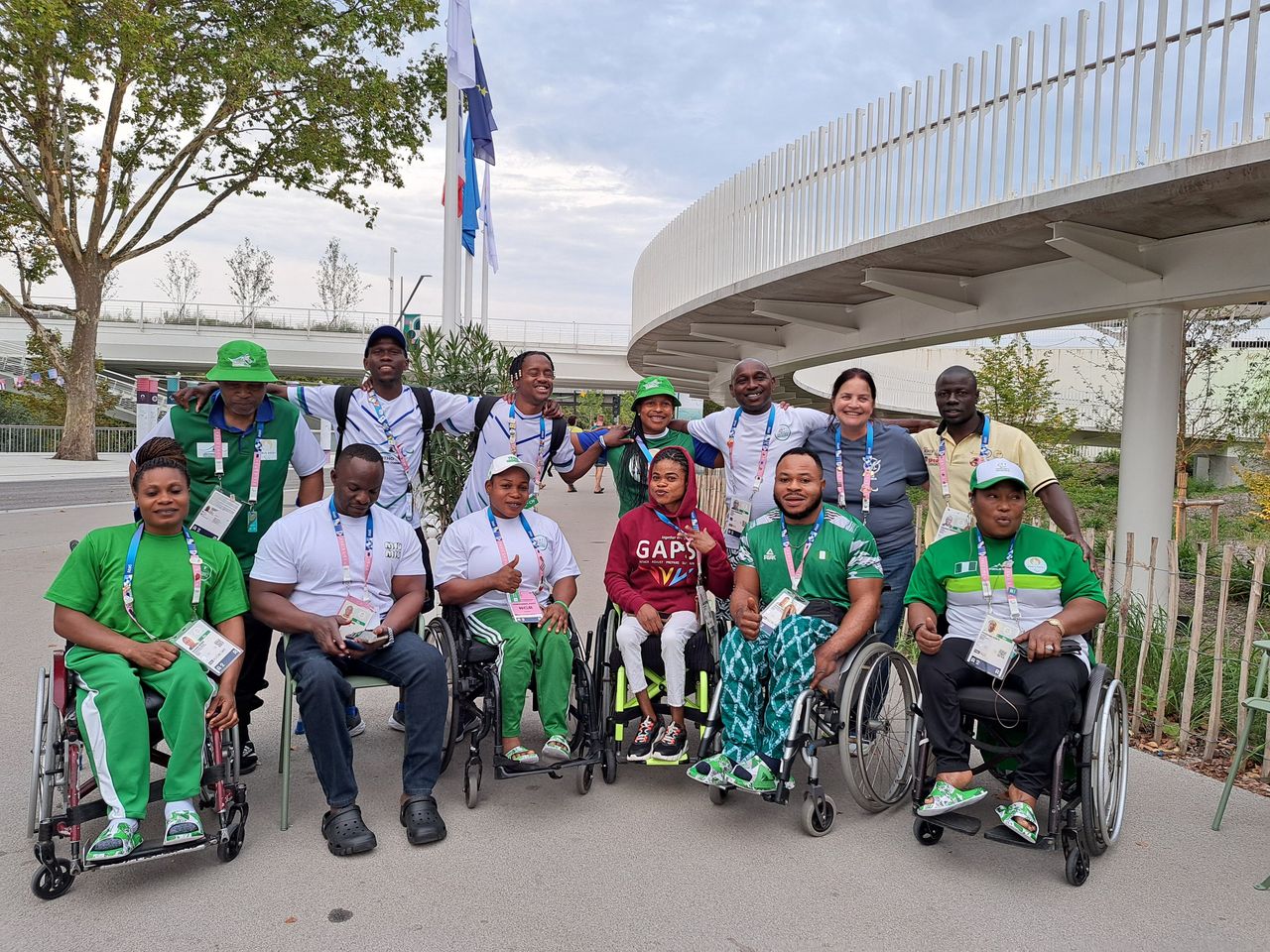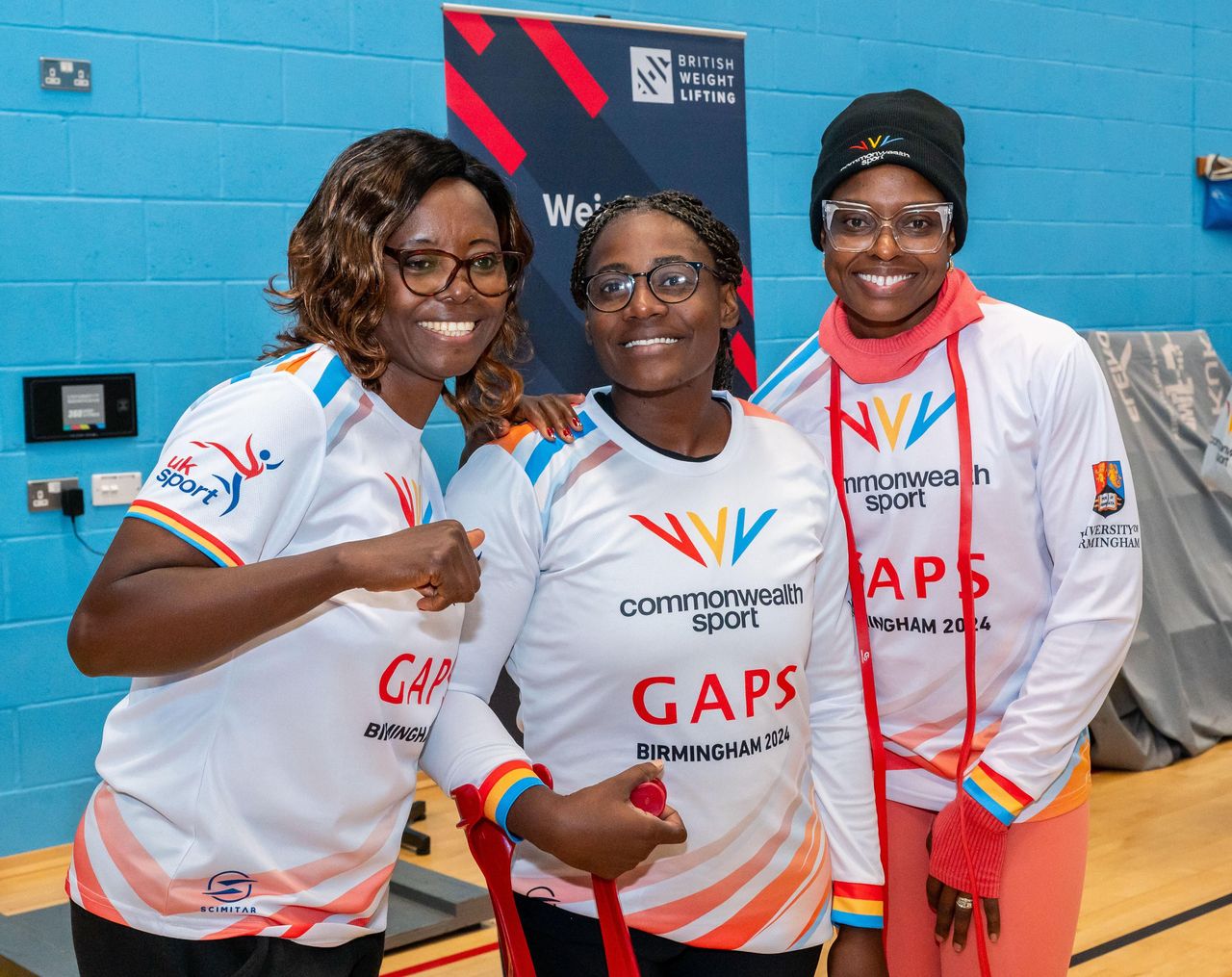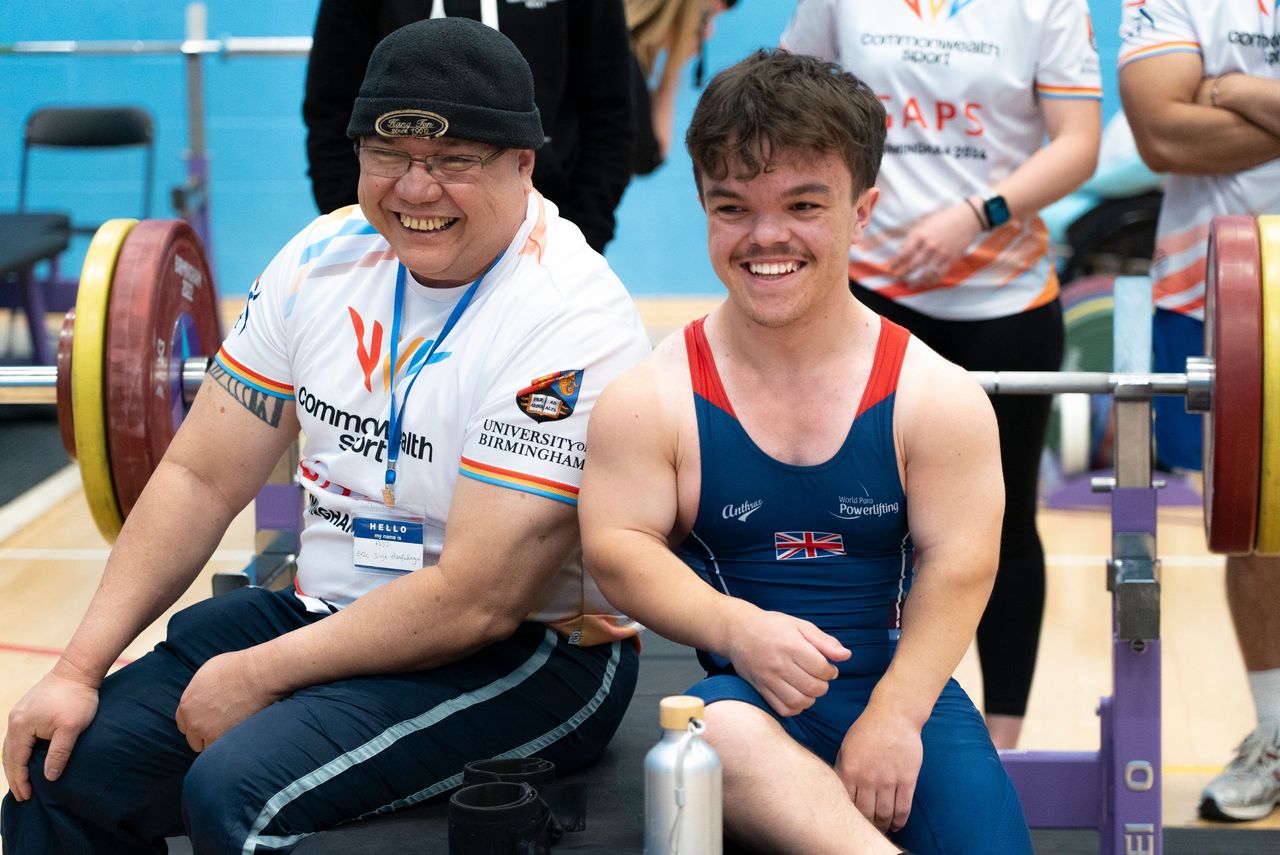What is it?
GAPS is a sport for development and peace programme that supports the development of inclusive sport pathways throughout the Commonwealth. Developed by Commonwealth Sport and Griffith University, GAPS has expanded into a mutually beneficial and collaborative relationship with other partners joining on this exciting but challenging journey. The expansion of the programme is ongoing as we work with great Partners to develop GAPS in Africa with Stellenbosch University; in the Americas and Caribbean region with the University of West Indies (UWI); across Oceania and Asia led by Griffith University; and Europe with the University of Birmingham.
Who is it for?
GAPS is for emerging Athletes and Coaches from the Commonwealth. It aims to support the development of inclusive sport pathways, removing barriers to participation for people with a disability and for women and girls to become actively involved in sport. The development of Coaches is fundamental, but so is tackling many of barriers and constraints that prevents participation. The programme involves multi-stakeholder partnerships and the building of long-term collaborations with universities, sport organisations and government agencies. Through these partnerships we can begin to shift mindsets and start to have a positive influence on communities to believe that it is a fundamental human right for women, girls, and people with a disability to be included in their sport pathways.
How does the programme achieve its goals?
The goal of GAPS is to offer emerging Athletes and Coaches from the Commonwealth access to additional skills, knowledge, and resources. This is driven by advancing education and supporting the development of inclusive sport pathways that promotes positive social change in sport and communities.
To achieve this goal the following five measurable objectives have been identified:
- Create effective, long-term, collaborative stakeholder partnerships
- Ensure inclusion and diverse participant representation
- Deliver a fully-funded GAPS programme in each region of the Commonwealth
- Lead and undertake world-class research
- Raise awareness through effective story telling
What does success look like?
Success is best summarised by those who have been involved:
Goodness Nwachukwu, Nigerian Para athlete and gold medal winner at the Birmingham 2022 Commonwealth Games
Nigerian Para athlete Goodness Nwachukwu joined the GAPS programme in the lead up to the 2022 Commonwealth Games – qualifying for the national team and delighting crowds at Alexander Stadium by winning Gold in the Women’s Discus F42 and breaking the World Record. Goodness said: “I’m so proud and so excited to be part of GAPS, it means a lot and brings a lot of opportunities for me. I want to make myself an inspiration to upcoming athletes and to achieve more in and out of sport.”
Chris Nunn, GAPS Oceania development support (Gold Coast 2018 Commonwealth Games):
“What’s happening in the Pacific Islands is we’re changing people's lives; we’re changing community perception and we’re changing acceptance of disability and I don’t know what can be more powerful than that…having athletes go back proud that they've been involved in the movement, proud that they've gone to a Paralympic Games, a Commonwealth Games, a national championship, all add up and make a huge difference to the acceptance of people with a disability and people with impairments getting involved in sport. That's what we are looking to do, creating the opportunity for people to grow and develop through sport.”
Chris was instrumental in identifying and getting Friana Kwevira to the Gold Coast 2018 Commonwealth Games. Friana went on to win Vanuatu’s first ever Commonwealth Games medal with a bronze in the in the F46 women's javelin throw event.
